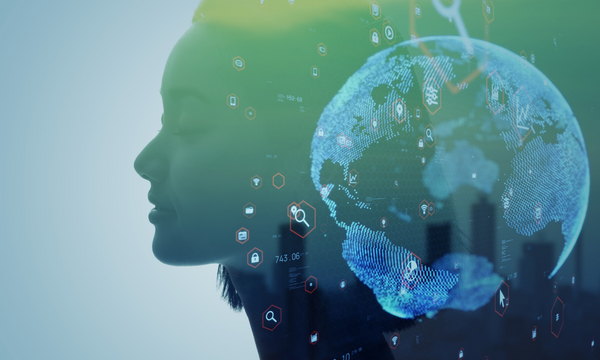
Analyzing the Impact of Sustainable Development on International Relations


As the world becomes more interconnected, global challenges such as climate change, poverty, and inequality have emerged as key concerns for international relations. In response, the international community has turned to sustainable development as a means to address these issues and promote a more equitable and prosperous world. The concept of sustainable development has become a prominent topic in international relations, and has had a profound impact on the way countries interact with one another.
Sustainable development is often defined as development that meets the needs of the present without compromising the ability of future generations to meet their own needs. This concept emphasizes the importance of balancing economic growth, social development, and environmental protection. It is grounded in the understanding that economic development alone is not enough to achieve long-term prosperity, and that environmental sustainability and social equity must be integral components of any development strategy.
Sustainable development has had a significant impact on international relations in several ways. First, it has led to the creation of international agreements and institutions that promote sustainable development goals. The United Nations' Sustainable Development Goals (SDGs) are a prime example of this. The SDGs are a set of 17 goals adopted by the UN General Assembly in 2015, aimed at ending poverty, protecting the planet, and ensuring prosperity for all. The SDGs provide a framework for countries to work together towards sustainable development, and have been instrumental in shaping international cooperation on these issues.
Second, sustainable development has become a key consideration in international trade and investment. As consumers become more aware of the environmental and social impact of their purchasing decisions, companies are under increasing pressure to demonstrate their commitment to sustainability. Governments are also beginning to use sustainable development as a criterion in their trade and investment policies. For example, the European Union has developed a comprehensive framework for sustainable finance, which includes criteria for identifying sustainable investments and a classification system for sustainable economic activities.
Third, sustainable development has brought new actors into the realm of international relations. Non-state actors such as civil society organizations, NGOs, and the private sector have become increasingly involved in sustainable development initiatives. These actors have played a key role in raising awareness of sustainable development issues, advocating for policy changes, and implementing sustainable development projects on the ground. Their involvement has diversified the range of actors involved in international relations, and has brought new perspectives and approaches to the table.

